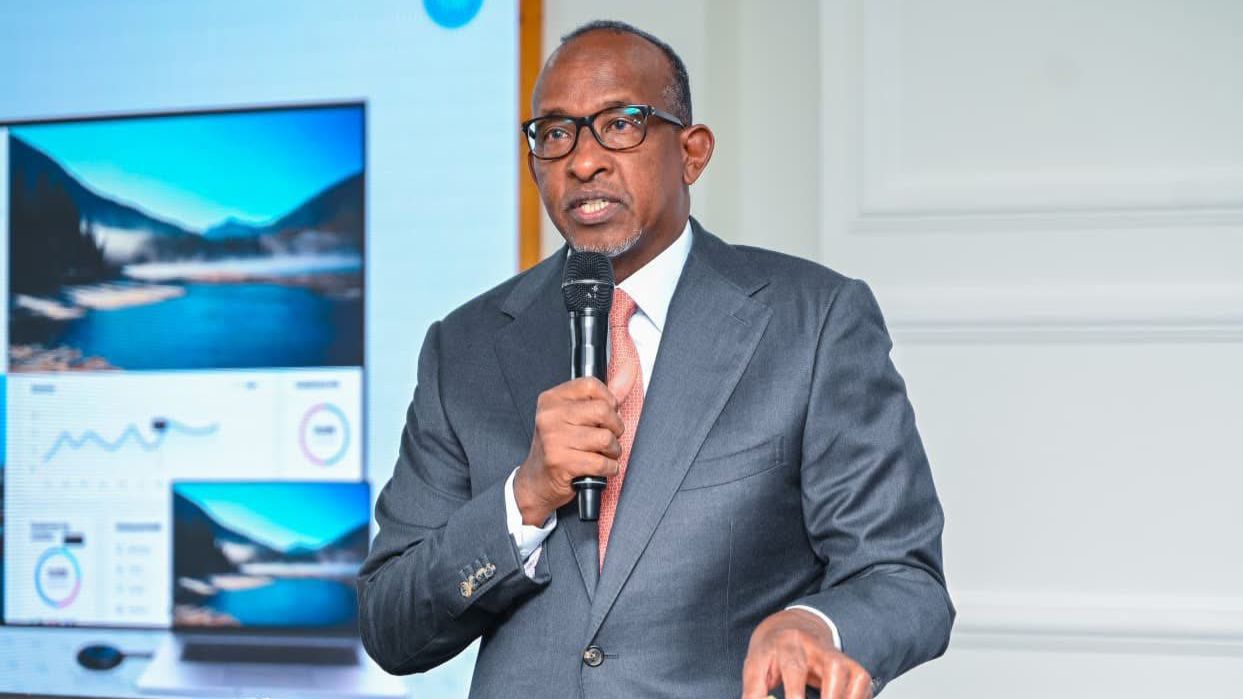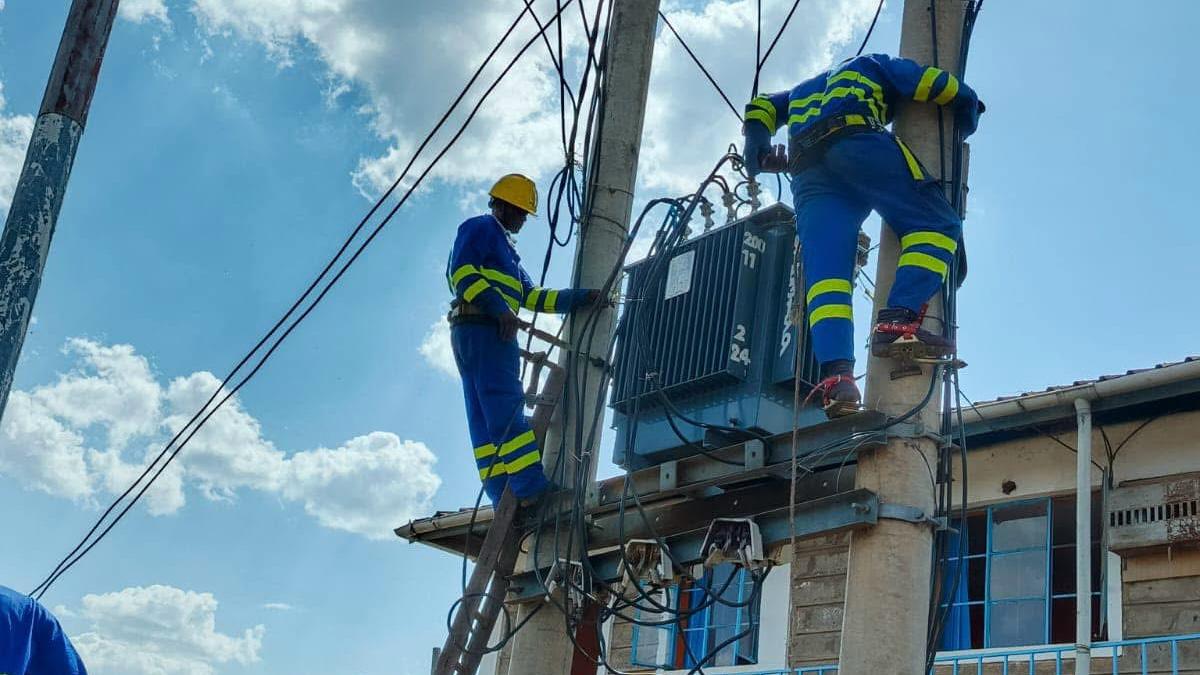By Victor Bwire
Either by design or omission, general elections in Kenya have often been characterized by poorly managed and executed civic and voter education, and by extension, inadequate planning. This has, on several occasions, led to voter apathy and low participation in the voting exercise. Voter turnout during general elections averages slightly above 60% in many areas.
In addition, delayed preparations, especially the allocation of resources to support key players such as the media and the electoral management body, have hampered serious civic and voter education. Last-minute amendments to election-related laws and administrative codes further complicate the process, likely discouraging citizens from participating in elections.
It would be expected, and rightly so, that with the use of technology, especially digital platforms, actors in the electoral process would leverage media platforms for civic and voter education at full throttle. The media, in all its forms and formats, should vigorously educate the public on the need to register as voters, assess aspirants and candidates, facilitate open political debates, and encourage citizens to vote for leaders based on substance and merit. However, the public appears largely unbothered.
Over the years, even as discussions continue on the role of the media in upcoming general elections, various challenges remain. Certain laws, administrative codes, and practices continue to limit the media’s role in the electoral process and need to be addressed. Elections and media in the digital era require special attention and strategy; otherwise, voter turnout and, by extension, voter decision-making remain a concern.
Read More
The flow of information is crucial for citizen participation in key events such as voter registration, the voting process, result transmission, and the announcement of outcomes. In all these, the media serves as a facilitator; without access to a wide array of information, people’s opinions, ideas, and views would be limited, and their understanding of the world around them compromised.
Stakeholders in the sector, including UNESCO, have noted that the increasing digitalization of societies worldwide has created unprecedented opportunities to seek, receive, and share political information and ideas. This has, in turn, enhanced voter education, which is critical to democratic elections. Politicians, voters, and other players can now communicate faster and more directly through the media, with their messages amplified or corrected more efficiently than ever before.
However, the dangers of media misuse must also be addressed. These include the spread of misinformation, unlawful data aggregation, audience manipulation, information fragmentation, and the discrediting of professional media and journalists.
As things stand, and with the November 2025 by-elections approaching, indications are that the media in general, and journalists in particular, will face a rough campaign period. Harassment of journalists continues, and there are no concrete plans to address it. Impunity for crimes against journalists still prevails. There is growing intolerance toward the media, and instead of demanding responsibility from media users, especially politicians and opinion leaders, pressure continues to be placed on the media to monitor hate speech, incitement, and political rhetoric.
The media is still too often categorized by the owners’ or editors’ ethnic backgrounds, an unfortunate form of negative profiling. In addition, several actions by public agencies continue to constrain the media’s role in elections, despite repeated condemnations by stakeholders over the years.
Kenya has existing regulations on bulk SMS with political messages, specifically, the Guidelines for the Prevention of Transmission of Undesirable Content via Electronic Communications Networks (2012), which impose heavy demands on users of such channels. These were reinforced by the revised Guidelines on Prevention of Dissemination of Undesirable Bulk and Premium Rate Political Messages and Political Social Media Content via Electronic Communications Networks (July 2017). The guidelines, developed under the Communications Authority (CA) and the National Cohesion and Integration Commission (NCIC), seek to prevent the spread of undesirable political content via SMS and social media platforms.
Among the requirements, Content Service Providers (CSPs) must seek approval from Mobile Network Operators (MNOs) or Mobile Virtual Network Operators (MVNOs) at least 48 hours before sending political messages. Applications must include the verbatim message, a signed authorization letter from the sponsoring political party or individual, certified registration or identification documents, and the intended time of dissemination. The MNO or MVNO is required to vet the content and respond within 18 hours, with the right to refuse transmission if the message does not comply.

The same document outlines Guidelines on the Use of Social Media for Political Content, which require that all political messages avoid hate speech, ethnic contempt, incitement, harassment, or defamatory language. Platform administrators are responsible for moderating and removing undesirable content once notified, and social media companies must take down offending accounts within 24 hours. Content authors are also required to disclose affiliations or special interests, and if unsure about whether their content is inflammatory, they must consult the NCIC for guidance within 24 hours.
Similarly, broadcast regulations require that media owners and journalists intending to join politics distance themselves from their stations 60 days before elections. However, the same level of regulation does not clearly apply to individuals using online platforms for political messaging.
The Elections Offences Act bars the government from publishing advertisements of its achievements during the election period in print or electronic media, or through public banners and billboards. Yet incumbents frequently use social media to showcase their successes, highlighting double standards that disadvantage traditional media.
The Penal Code contains provisions against publishing false information; the Copyright Act addresses issues of content theft; and the Computer Misuse and Cybercrimes (Amendment) Act, 2018, seeks to promote the integrity and safety of Kenya’s digital space. The law was recently updated and signed by President Ruto as the Computer Misuse and Cybercrimes (Amendment) Act, 2025.
One of the key changes is the amendment to Section 6(1), which expands the mandate of the National Computer and Cybercrimes Coordination Committee (NC4). The committee now has explicit powers to direct internet service providers and platform operators to block access to websites or applications that promote unlawful content such as child pornography, terrorism, or extremist ideologies.
The definition of cyber harassment has been expanded following the amendment of Section 27 of the original law in the Computer Misuse and Cybercrimes Act, 2018. The amendment inserts the words “or is likely to cause them to commit suicide” immediately after the word “person” in paragraph (b) of subsection (1). The revised clause now reads:
“…(b) detrimentally affects that person or is likely to cause them to commit suicide; or…”
This addition significantly broadens the scope of cyber harassment to include digital communications that could push a victim toward self-harm or suicide. Under this provision, any person who knowingly sends messages that cause fear, emotional distress, reputational harm, are indecent, grossly offensive, or could lead to suicide commits an offence.
According to the Computer Misuse and Cybercrimes Act, 2018, the penalty states: “A person who commits an offence under subsection (1) is liable, on conviction, to a fine not exceeding twenty million shillings or to imprisonment for a term not exceeding ten years, or to both.”
-1761048390.jpg)
However, overregulation may stifle freedom even as stakeholders invest in media and digital literacy to promote responsible use.
Corruption and editorial interference, especially through the use of political advertising, remain persistent challenges that undermine media independence during election periods. Misinformation and manipulation of election-related content must be addressed through cross-media collaborations and tools to detect and counter fake news. Joint productions, shared resources for candidate debates, collaborative election coverage, and unified results tallying would help improve transparency.
A key lesson from past elections is that improving media performance will not be achieved through punitive action or control, but through coordinated interventions by all stakeholders—including the government, the electoral management body, media owners, editors, journalists, the Media Council of Kenya, development partners, advertisers, and the Kenyan public at large.
Mr. Victor Bwire is the Head of Media Development and Strategy at the Media Council of Kenya.
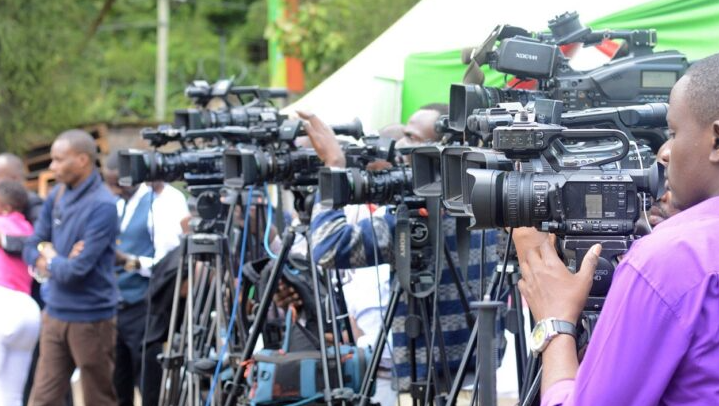


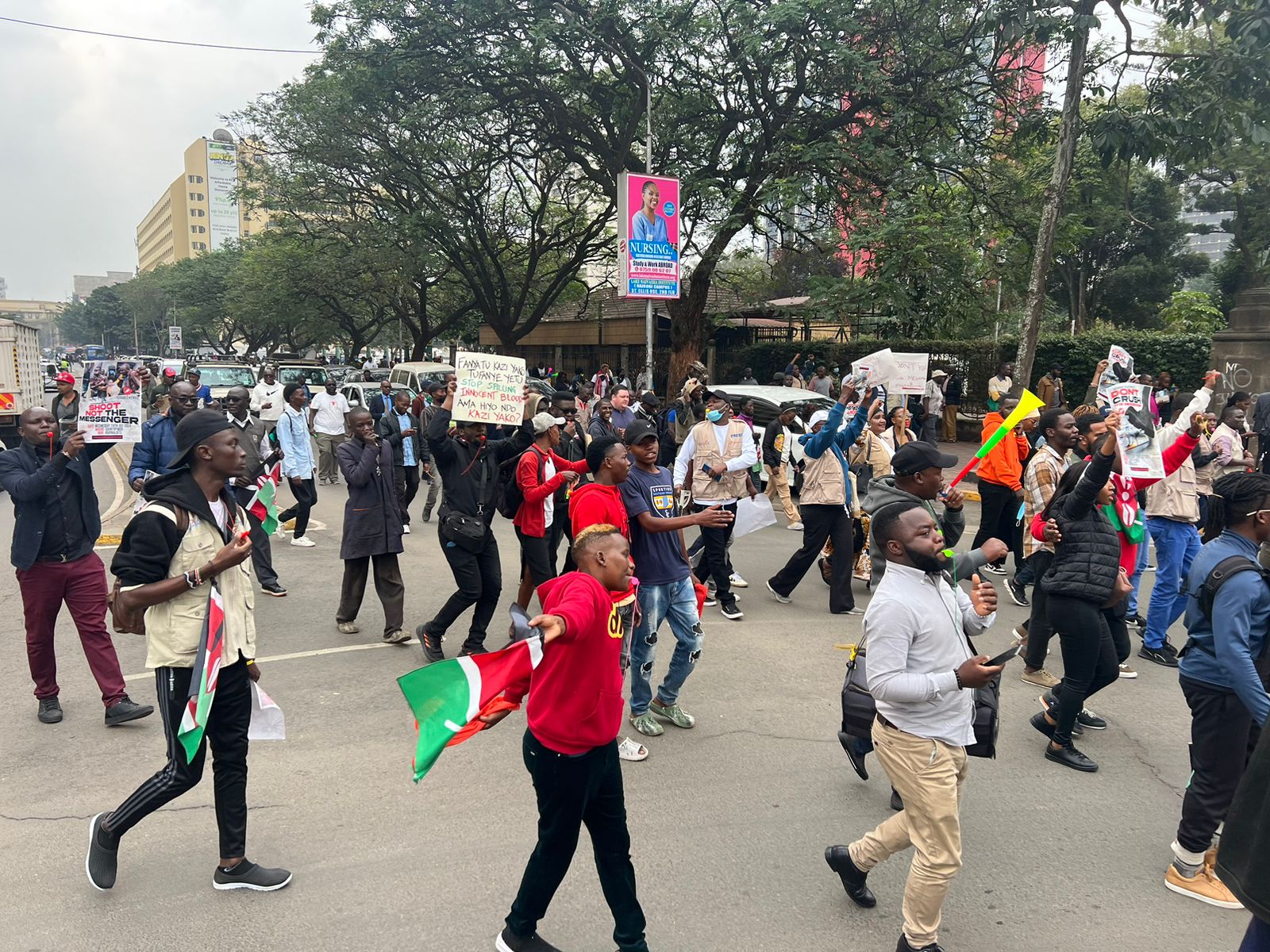
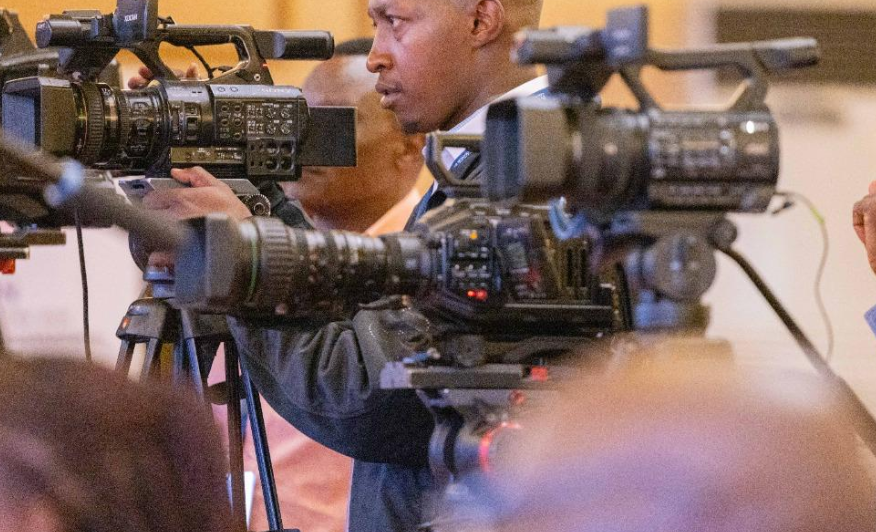
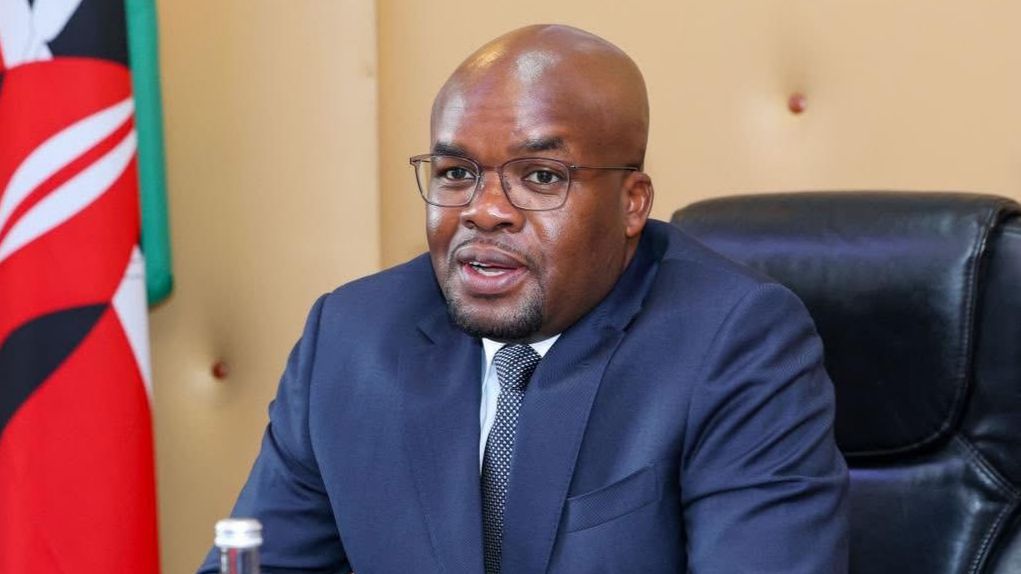
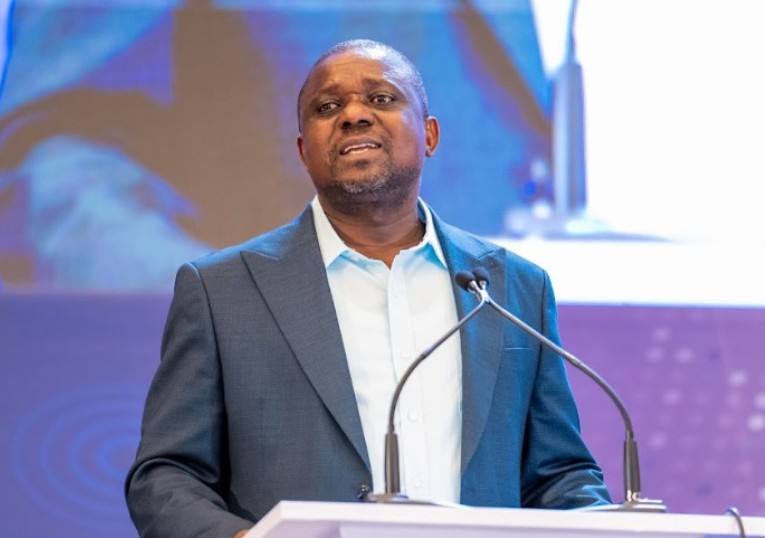
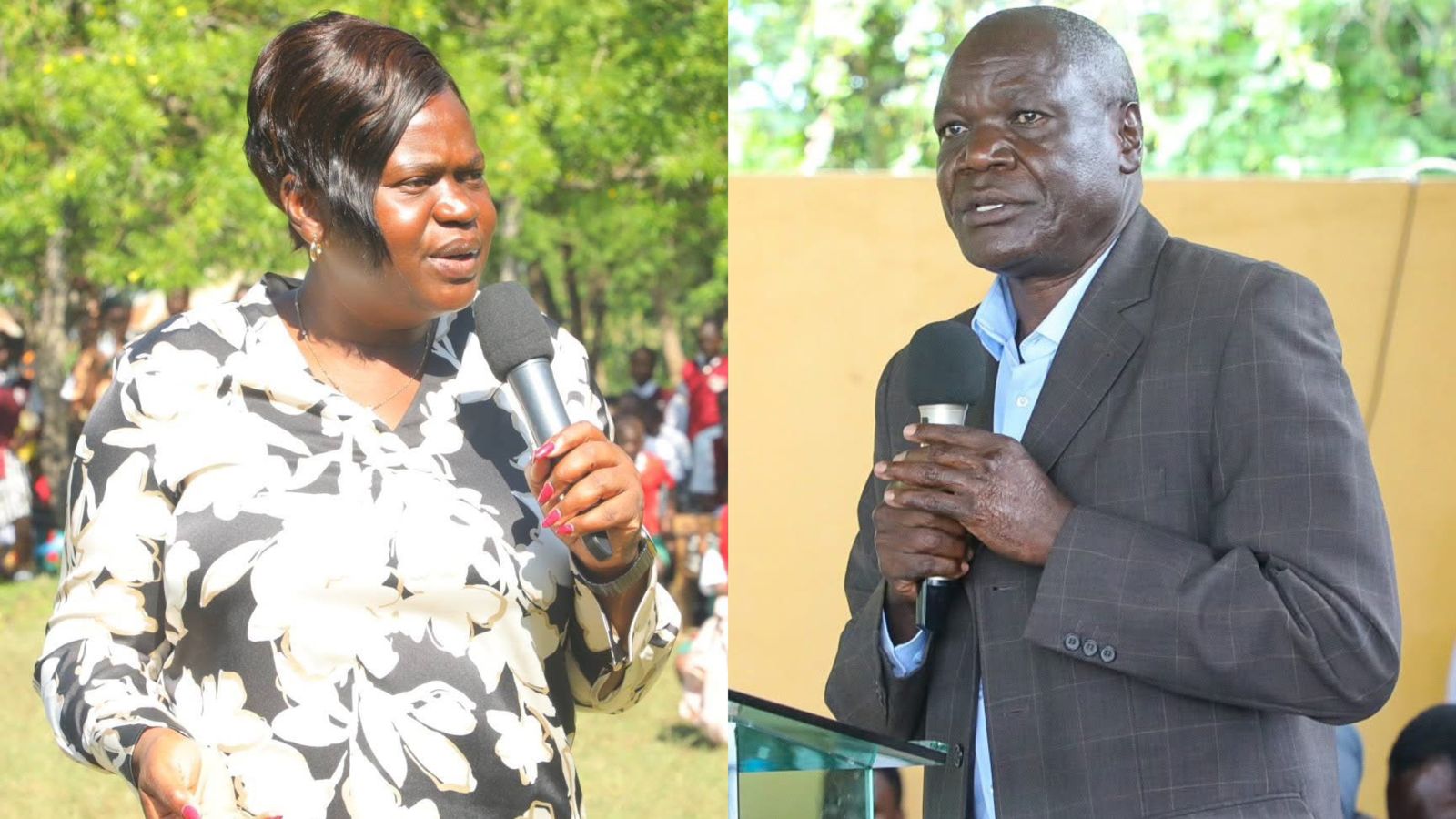
-1772133741.jpg)

